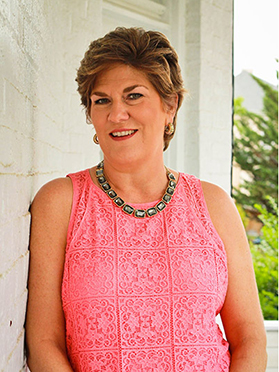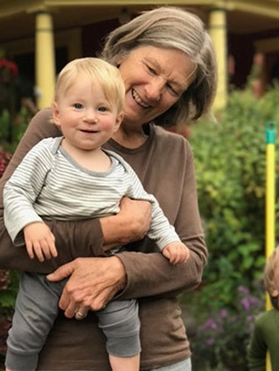
Julian Turner
Substance Abuse Counselor, Harrisonburg, VA: "There is not a day that passes in my profession, and often personal life that does not connect back to lessons and techniques gleaned from the counseling program."
Graduates of EMU's Graduate Counseling Program are high achievers who are sought after by regional employers.
The Graduate Counseling Program had a total of 16 graduates in 2025. Students are expected to complete the program in four years or less, and the 2021-2025 cohort had a 82.35% completion rate. The most current data from the Virginia Board of Counseling shows that EMU MA in Clinical Mental Health Counseling graduates who have taken their licensure exam in Virginia have a pass rate of 83%, as compared to the 54% overall pass rate. 100% of the 2025 graduates who were actively seeking employment in counseling or doctoral admission secured jobs or admission within six months of graduation.
Learn about licensure procedure in Virginia
Learn about licensure in other states
Upon graduation, a majority of our alumni pursue licensure and register for the 3,400 hour (including 2,000 direct hours) residency required by the Virginia Board of Counseling. Following completion of residency hours, residents must be approved by the Virginia Board of Counseling to sit for the National Clinical Mental Health Counseling Examination.

EMU’s Graduate Counseling Program is accredited in Clinical Mental Health Counseling
by the Council for Accreditation of Counseling and Related Educational Programs (CACREP). Students graduating with a CACREP-accredited degree can more often easily achieve state counseling licensure and experience
greater ease of license portability between state licensing boards. Students with
CACREP-accredited counseling degrees are often considered exceptional candidates for doctoral
programs.
For more information about the counseling profession, contact the American Counseling Association.
Substance Abuse Counselor, Harrisonburg, VA: "There is not a day that passes in my profession, and often personal life that does
not connect back to lessons and techniques gleaned from the counseling program."
Middle School Counselor, Page County Public Schools, VA: "The MAC program was much more than an education; it was an opportunity for me to
dig deeper into myself and the world around me."
Individual and Couples Psychotherapist, Dana Blauch PLC, Harrisonburg, Va.: A broad exposure to current research and theories allowed me to explore how I might
best integrate my personal style with solid research based practice.
Youth Counseling Program Manager, ReadyKids, Charlottesville, VA: "Through this program I came to understand more about myself and how I view the world
around me which has enabled me to create the space needed to help others."
Springwater Environmental Science School, Oregon City, OR: "My grad school years were such a formative time professionally and personally, and
taught me to listen hard, particularly for what is NOT said."
Alumni Reviews

Julian Turner

Casey Owens

Dana Blauch

Shannon Noe

Marjorie Nafziger